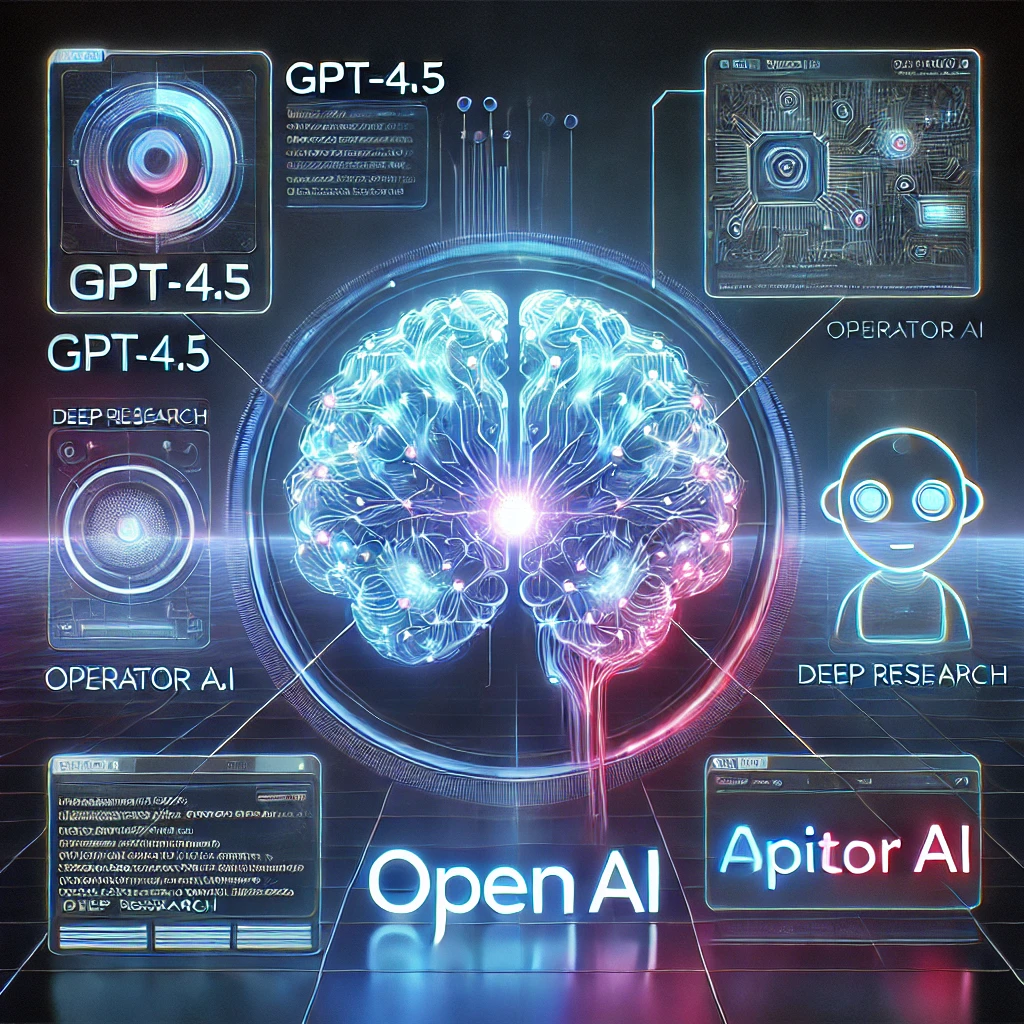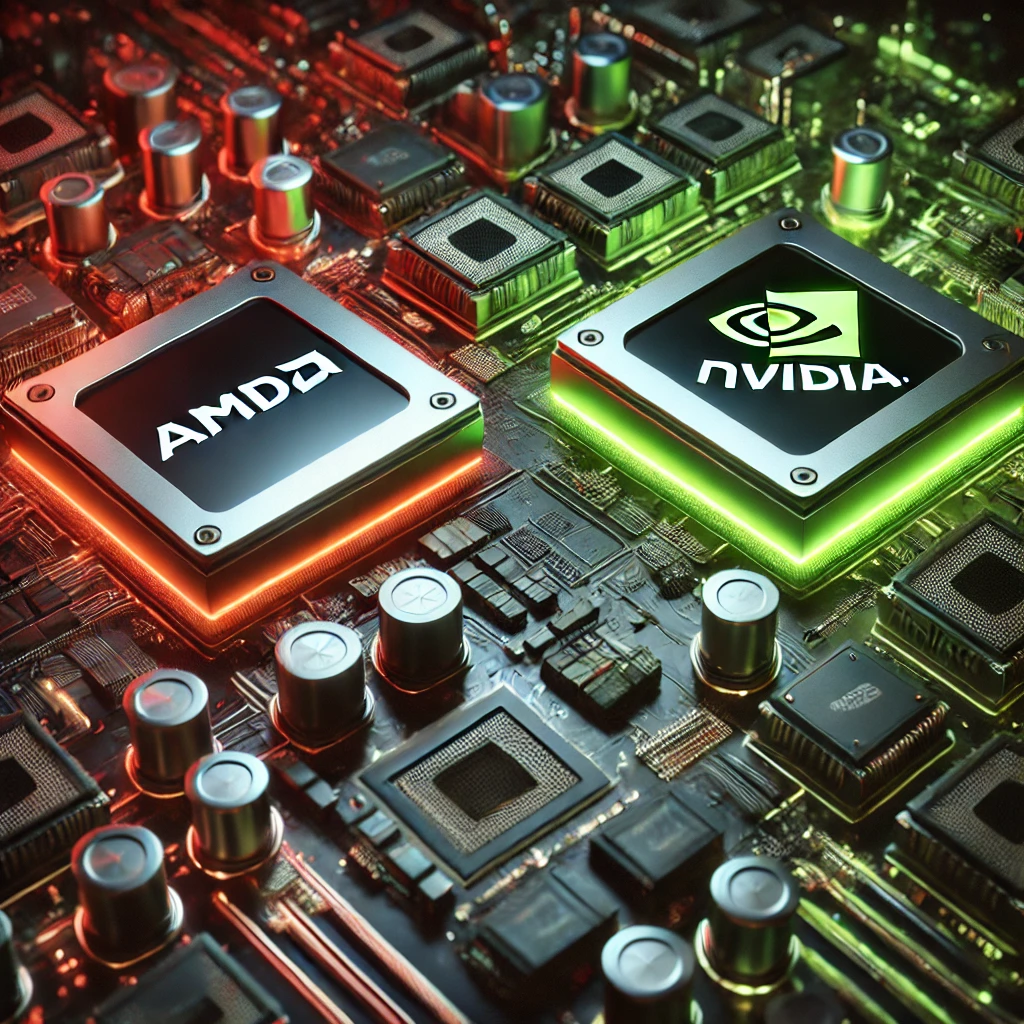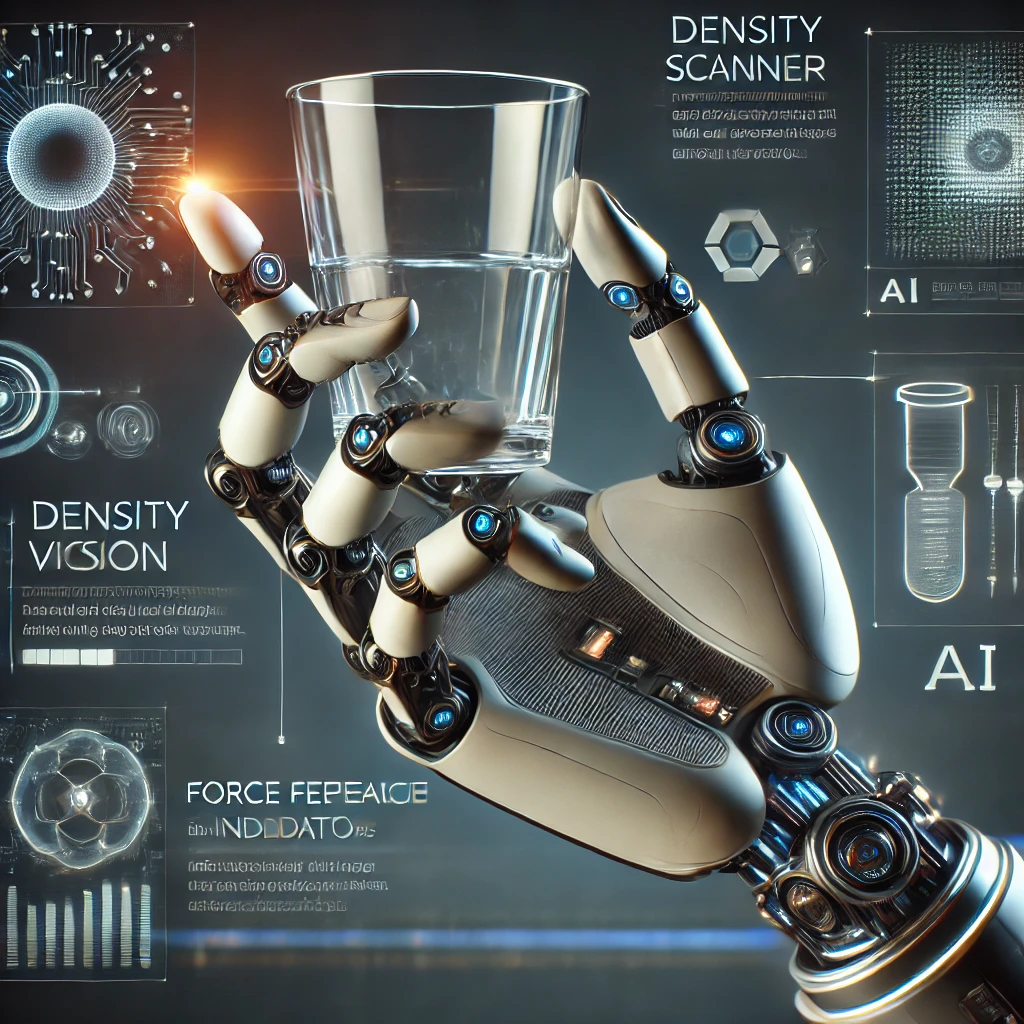As AI development reaches a crucial turning point, OpenAI co-founder has highlighted a “new age of discovery” for the field. According to recent statements, the rapid scaling of large language models (LLMs) is reaching its limits, urging researchers to explore fresh pathways in AI technology and creativity. This transition hints at a period of groundbreaking advancements beyond mere size and scale, redefining how we interact with and utilize AI.
Limitations of Scaling
The growth of LLMs, like GPT-4 and others, has largely been driven by increasing parameters and data to improve language understanding and generation. However, the OpenAI co-founder points out that this approach may be hitting a saturation point. As LLMs become larger and more resource-intensive, they demand unprecedented computational power, which may not always yield proportional improvements. This limitation has sparked discussions about the necessity to pursue innovative approaches to drive further advancements.
A Shift Towards Discovery
Rather than pushing models to be bigger, the focus now shifts towards discovery. This “new age” calls for a deeper understanding of how AI models can solve problems more creatively and efficiently, without depending solely on scale. The future of AI, as envisioned by OpenAI’s leadership, lies in developing methods that allow models to perform complex tasks with improved efficiency, flexibility, and relevance to specific applications. This paradigm shift emphasizes quality and capability over sheer size.
Implications for AI Applications
This predicted shift could lead to AI technologies that are better adapted to niche applications, with specialized abilities that enhance user experience. For businesses, it means AI tools may become more versatile and impactful, offering tailored solutions rather than general-purpose models. As researchers and developers explore these new avenues, we could see AI systems that are not only smarter but also better equipped to serve human needs across diverse fields.
Closing Thoughts
The anticipated “AI age of discovery” holds the promise of unlocking new potentials in the field. With the limitations of scaling in sight, OpenAI’s insights invite developers and researchers to think outside the box and focus on innovative, more sustainable approaches to AI. This evolution could redefine how we understand AI capabilities and enhance their application across industries.
Disclosure:
This post was written by AI. Please verify all information independently. Note: We may use affiliate links, which help support our content at no additional cost to you.





